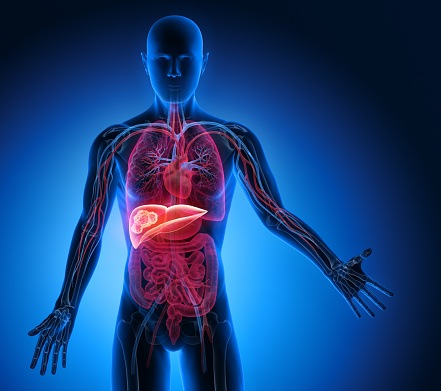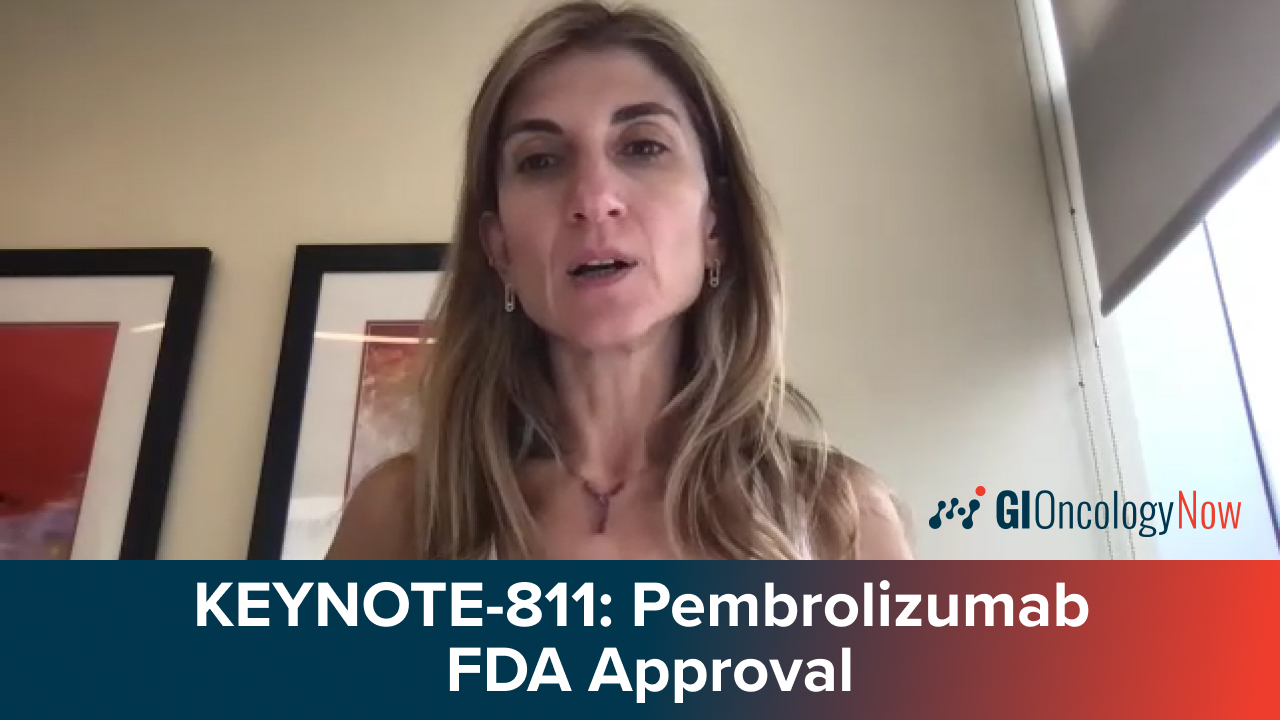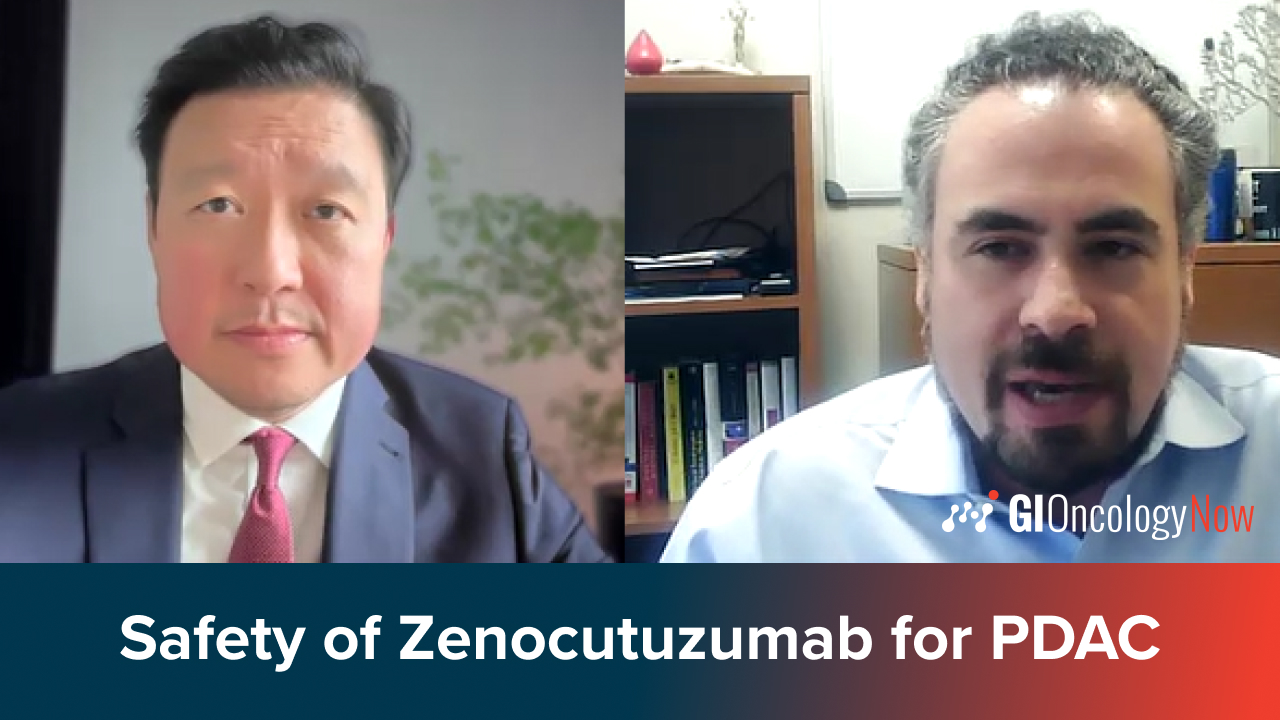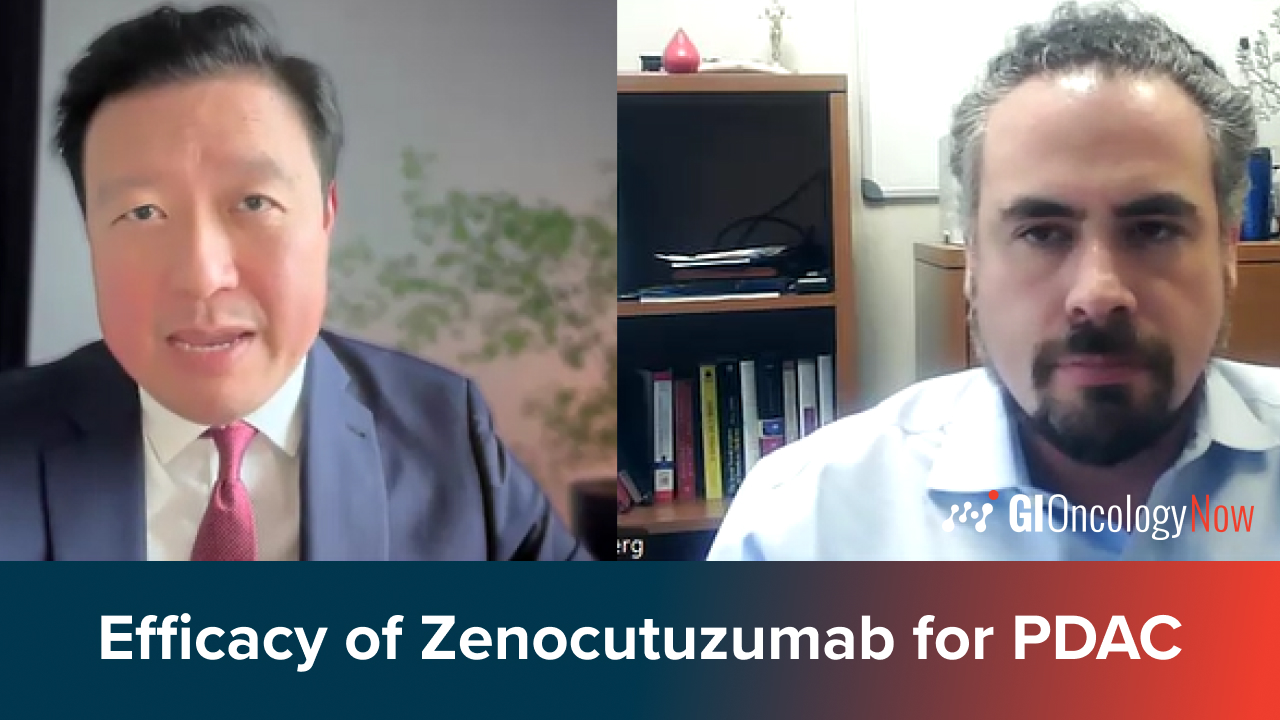
Atezolizumab plus bevacizumab is the recommended treatment for patients with advanced hepatocellular carcinoma (HCC). However, this therapy was only tested during the IMbrave150 trial in those with Child-Pugh (CP) A liver function.
A multicenter study from Amit Mahipal, MD, MPH, and colleagues published in The Oncologist sought to determine the outcomes of patients with HCC who underwent treatment with atezolizumab plus bevacizumab using CP score and albumin-bilirubin (ALBI) grade in the US population.
Participants received atezolizumab plus bevacizumab as a first-line therapy between March 2018 and November 2023. Researchers determined overall survival (OS) using the Kaplan-Meier method and multivariate analyses through the Cox proportional hazard regression method. Of the 322 patients, 226 had CP-A liver function, 86 had CP-B liver function, and 10 had CP-C liver function.
Dr. Mahipal and colleagues found that for patients with CP-A, the median OS was 21.6 months. Median OS was 9.1 months for patients with CP-B7 and 4.7 months for those with CP-B8-C12 (P<.0001).
In patients with CP-A, those with an ALBI grade of 1 demonstrated a median OS of 34.9 months compared with a median OS of 14.2 months for those with grade 2. Following multivariate analyses, researchers found that CP score, ALBI grade, hepatitis B, performance status, and macrovascular invasion related to survival.
“CP score is an important prognostic tool for patients with HCC receiving atezolizumab plus bevacizumab, and this regimen remains a viable option for patients with CP-B7 with no additional safety concerns, although the benefit is significantly less than those with CP-A,” researchers wrote. “ALBI score has independent predictive value in patients with CP-A liver function.”







 © 2025 Mashup Media, LLC, a Formedics Property. All Rights Reserved.
© 2025 Mashup Media, LLC, a Formedics Property. All Rights Reserved.